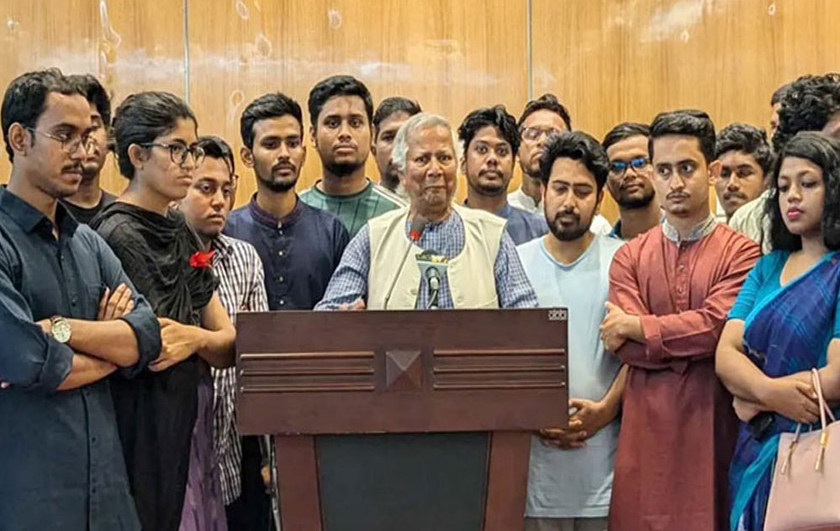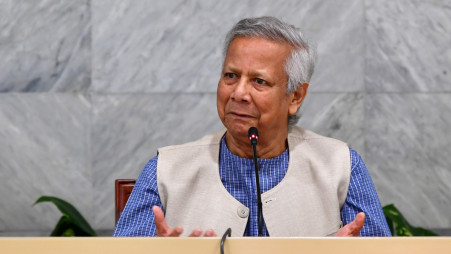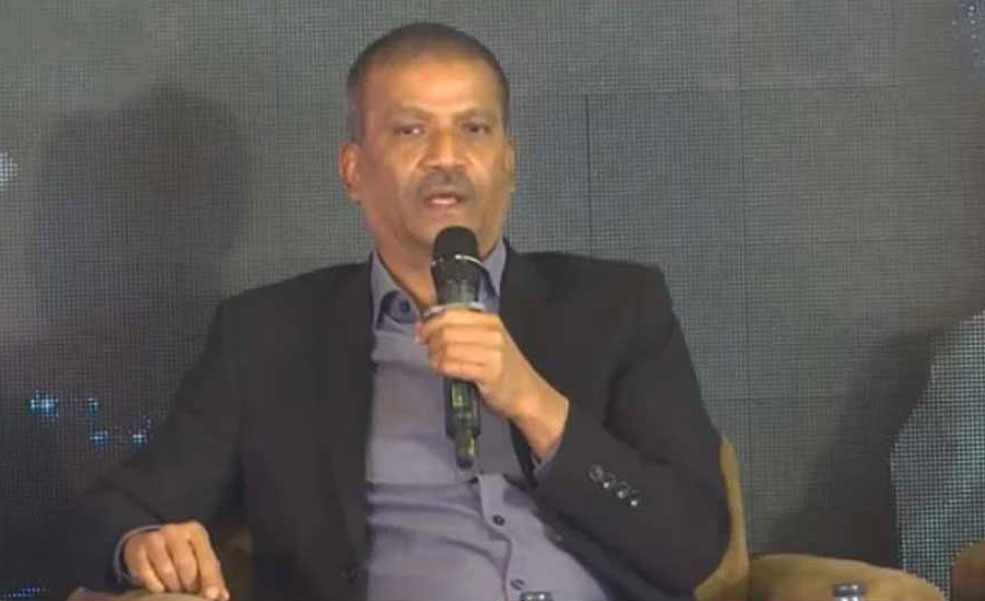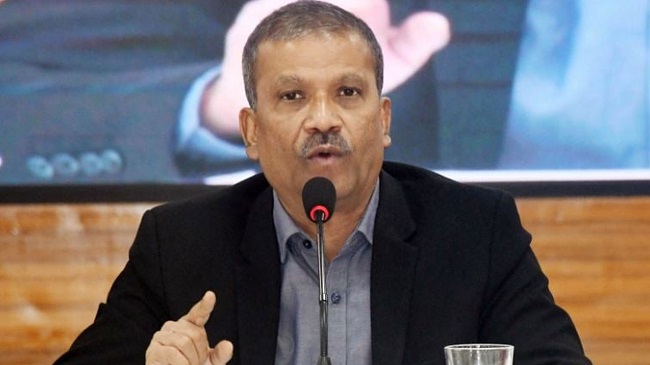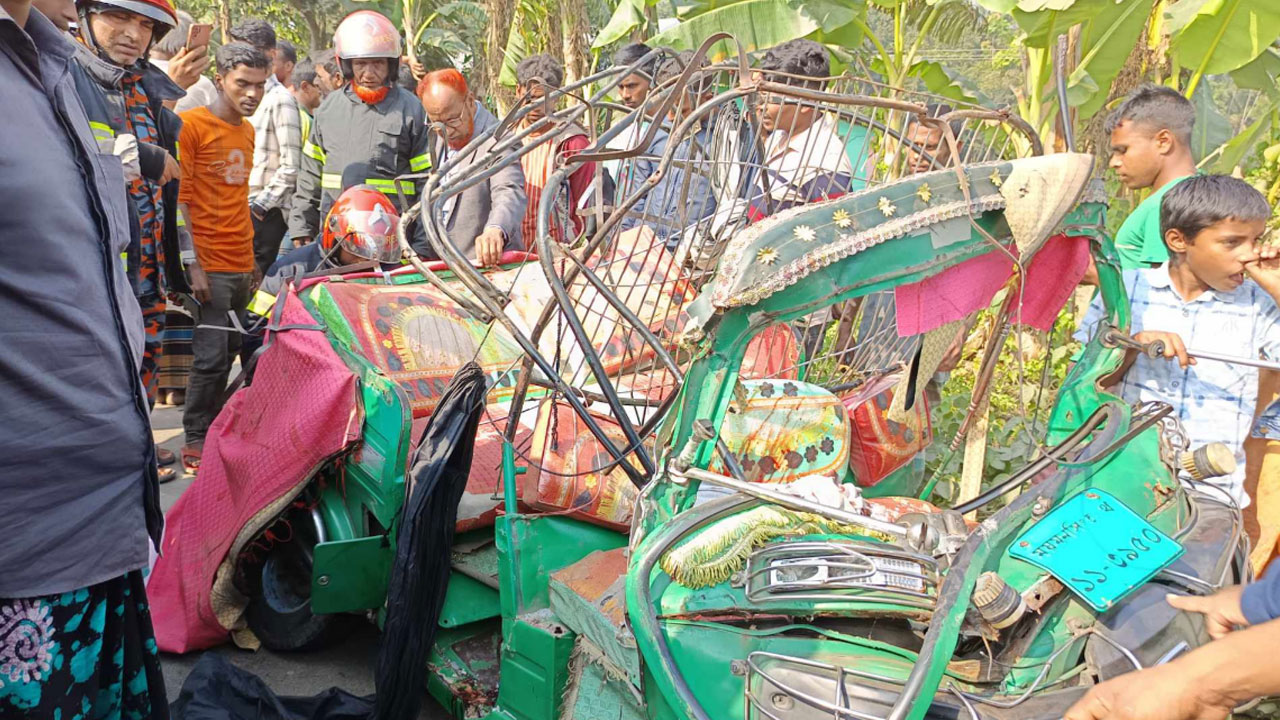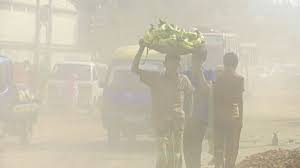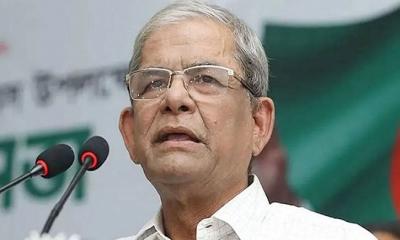As Bangladesh stands on the brink of a significant political transition, all eyes are on Nobel laureate Dr Muhammad Yunus and the composition of the new interim government.
Bangabhaban is ready to hold the oath-taking ceremony for Bangladesh’s interim government, headed by Nobel laureate Dr Muhammad Yunus, on Thursday, and speculation abounds regarding the key figures who will join Dr Yunus in this crucial leadership role.
President Mohammed Shahabuddin will administer the oath of office to the new government.
After 17 years, Bangladesh is set to witness the swearing-in of an interim government following the abrupt end of the Awami League regime. The country's longest-serving prime minister, Sheikh Hasina, was forced to resign and flee the country on Monday in the face of a mass uprising.
On Thursday afternoon, Dr Yunus arrived in Bangladesh and met with the chief of the armed forces, civil society members and student leaders at Dhaka airport.
According to sources familiar with the matter, the meeting decided the names of the other advisors who will join Dr Yunus in the interim government.
These names include former Bangladesh Bank governor Dr Salehuddin Ahmed, Dhaka University Law Department Professor Asif Nazrul, human rights activist Adilur Rahman Khan, former attorney general and advisor of caretaker government AF Hassan Ariff, former foreign secretary Touhid Hossain, Bangladesh Environmental Lawyers Association (BELA) Chief Executive Syeda Rizwana Hasan, two key conveners of the Students Against Discrimination movement Nahid Islam and Asif Mahmud, former armed forces principal staff officer Lt Gen (Retd) Mahfuzur Rahman, minority community leader and former chairman of Rangamati district council Gautam Dewan, eminent lawyer and human rights activist Barrister Sara Hossain, former bureaucrats Dhiraj Malakar, and Deobandi Islamic scholar AFM Khalid Hossain.
These names are not officially confirmed yet and may change before the official announcement.
Sources indicated that the advisors of the interim government would be chosen from civil society and various professional fields, and no political leaders would be included.
Sources indicated that the advisors of the interim government will be chosen from civil society and various professional fields.
When asked about the size of the interim government, army chief General Waker-Uz-Zaman said he believed it might initially consist of around 15 members. “However, one or two more individuals may be added."
The chief adviser of an interim government is equivalent to the prime minister, and the other advisors are equivalent to ministers.
More than 20 cars for the chief adviser and the other advisers have been prepared. These cars will be sent to their homes to escort them to the oath-taking ceremony at Bangabhaban once confirmation is received.
This interim government will lead the country for a certain period and oversee the election to transition power to an elected government.


